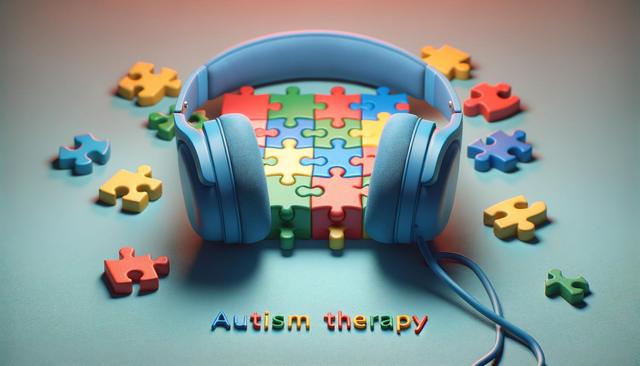Understanding Autism and Its Challenges
Autism spectrum disorder (ASD) presents unique challenges that can affect various aspects of an individual’s life. Autism therapy is essential in providing the necessary support to improve communication, social skills, and overall well-being. Early intervention plays a critical role in addressing these challenges, making it possible to tailor autism therapy to meet the specific needs of each person. With a range of therapies available, including behavioral, speech, and music therapy, families can form a comprehensive approach to enhance the quality of life for those with autism.
The Role of Behavioral Therapy
Behavioral therapy is a cornerstone of autism therapy, focusing on modifying behaviors and improving social interactions. One widely recognized method is Applied Behavior Analysis (ABA), which is tailored to suit individual needs and promotes positive behaviors. Through structured sessions, therapists work with individuals to develop skills such as:
- Communication and language skills
- Social interactions
- Adaptive learning skills like fine motor skills and self-care
By reinforcing positive behaviors, behavioral therapy can significantly enhance an individual’s ability to navigate daily life, making it a vital component of autism support.
Enhancing Communication with Speech Therapy
Speech therapy is another crucial element of autism therapy, aimed at improving verbal and non-verbal communication skills. Individuals with autism often face challenges in expressing themselves, which can lead to frustration and social isolation. Speech therapists work to address these challenges by:
- Improving articulation and clarity of speech
- Building vocabulary and language comprehension
- Developing non-verbal communication methods, such as gestures and picture boards
These efforts contribute significantly to better social interactions and help individuals with autism express their needs and emotions more effectively.
The Benefits of Music Therapy
Music therapy provides a unique and engaging approach to autism therapy. This therapeutic method uses music as a tool to build connections, enhance communication skills, and improve emotional regulation. Music therapy can include activities such as:
- Playing instruments to develop motor skills
- Singing to improve speech and language
- Listening to music to reduce anxiety and improve mood
Through these enjoyable activities, music therapy offers a creative outlet that can lead to meaningful improvements in an individual’s quality of life.
Importance of Early Intervention and Comprehensive Support
Early intervention is crucial for achieving the best outcomes in autism therapy. By starting therapy at a young age, there is a greater opportunity to mitigate developmental challenges and promote long-term benefits. A comprehensive approach that combines behavioral therapy, speech therapy, and music therapy can provide a well-rounded support system. Additionally, involving family members in the therapeutic process ensures that the gains made during therapy continue outside of a formal setting, reinforcing the progress made and fostering a more supportive environment.
Conclusion
Autism therapy offers tailored strategies that promote enhanced living by addressing the diverse challenges faced by individuals with autism. With a focus on early intervention and a combination of behavioral, speech, and music therapy, individuals can experience improved communication and social interactions, ultimately leading to a better quality of life. By recognizing the unique needs of each person, families and therapists can work together to provide customized autism support, ensuring that individuals with autism can thrive in their everyday lives.
